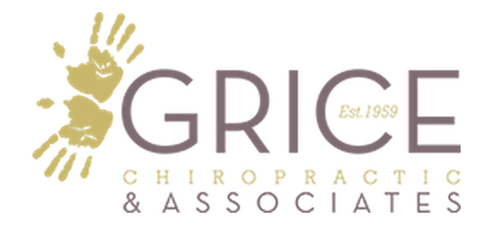What is Psychotherapy?
Psychotherapists use talk therapy to help you manage with general emotional unrest or acute trauma or illness. They treat everything from daily overwhelm to grief to specific mental disorders like depression or anxiety. Sometimes talk therapy is used in combination with medications or lifestyle changes. However, not all psychotherapists are licensed to prescribe medication.
Education
To become a professional psychotherapist in Ontario, you must meet specific academic qualifications, professional training and supervision, continuing education requirements, and complete the appropriate licensure or registration process. To become a licensed psychotherapist in Ontario, the first step is to fulfill academic qualifications, including obtaining a Bachelor’s degree and, in most cases, completing a graduate program, such as a Master’s or a Doctorate. Other requirements include professional training and supervision, continuing education, and the corresponding licensure registration process. In Ontario at least two years of post-secondary study from an accredited institution or university with courses related to psychology or counselling. This can include undergraduate degrees such as Bachelor of Arts (BA) or Bachelor of Science (BSc), graduate degrees such as Master’s degree programs, and doctoral programs such as Doctorate of Psychology (PsyD) or Doctorate of Philosophy (Ph.D.).
After completing the academic qualifications required for licensure, applicants must satisfy additional supervised practice hours under the guidance of an experienced supervisor already registered with the College of Registered Psychotherapists of Ontario (CRPO).
The number and type of hours will vary depending on the type of academic program you pursue. During these supervised practice hours, candidates gain experience working directly with clients while learning to apply various therapeutic techniques within the ethical guidelines set by CRPO.
Conditions Treated
Anger Management
Antisocial Personality
Anxiety
Caregivers
Coping Skills
Depression
Drug Abuse
Family Conflict
Gambling
Grief
Infidelity
Life Coaching
Life Transitions
Obesity
Parenting
Relationship Issues
Self Esteem
Sexual Abuse
Stress
Substance Use
Suicidal Ideation
Trauma and PTSD
Weight Loss
Women's Issues
Treatments
The use of modalities
Lifestyle Counselling
